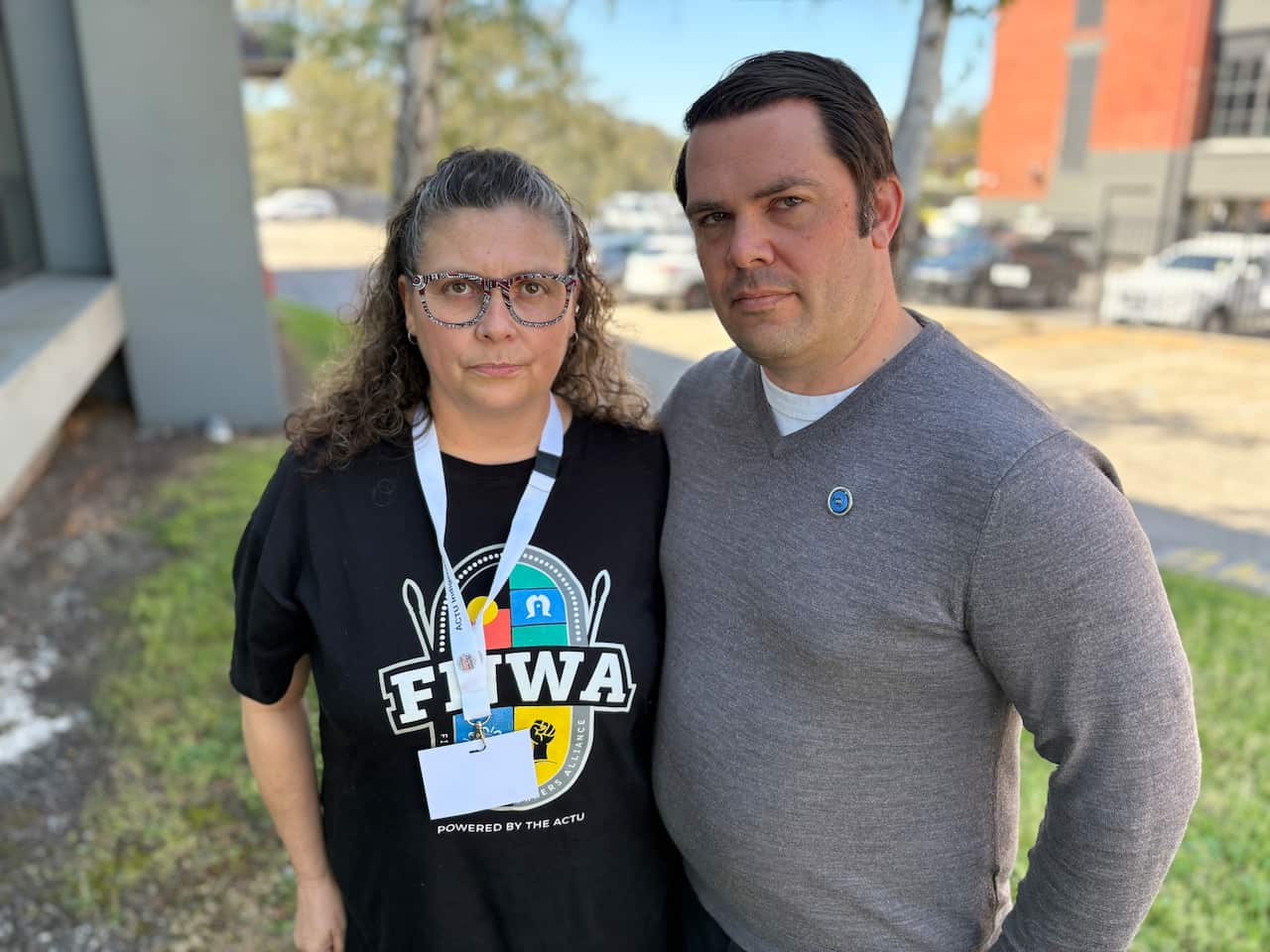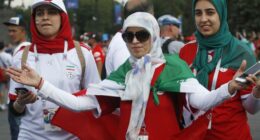Share this @internewscast.com
The University of Technology Sydney’s Centre for Indigenous People and Work recently unveiled a revealing report titled Gari Yala – Speak the Truth. The study highlights a troubling reality: 38 percent of Aboriginal and Torres Strait Islander individuals have experienced workplace mistreatment due to their cultural backgrounds.
The findings indicate a disconnect between evolving societal values and stagnant workplace practices. “It’s not 1925 anymore—our community values have shifted significantly, yet it appears that workplaces have failed to keep pace. We need fresh strategies that allow everyone to contribute to their fullest potential,” the report underscores.
This research was strategically released to coincide with the Australian Council of Trade Unions’ (ACTU) two-day conference held in Melbourne, drawing attention to a critical issue.
ACTU President Michele O’Neil expressed her profound concern regarding the report’s findings. “This is not only detrimental to the well-being of workers and their families but also hampers economic growth. Such behavior is unacceptable in modern Australia,” she stated.
O’Neil further emphasized the insidious nature of seemingly harmless remarks. “What might seem like a joke can inflict deep hurt, especially when someone has heard it countless times before,” she noted, calling for greater awareness and sensitivity in the workplace.
ACTU President Michele O’Neil said she was “deeply disturbed” by the report data.
“That’s bad for workers and their families and for economic growth and has no place in modern Australia.”
“A comment may seem like a joke, but it can cut deeply if someone is hearing it for the thousandth time.”

Lara Watson from the ACTU and Adam Fletcher from the Finance Sector Union attended the two-day conference in Melbourne. Credit: Cameron Gooley/NITV News
Ms Watson believes it crucial for industry to understand “what is required to create safe workplace for all workers”.
The commissioner is set to outline the new National Anti-Racism Framework which was informed by extensive community consultations that included over 1,200 people who have lived experience of racism.












